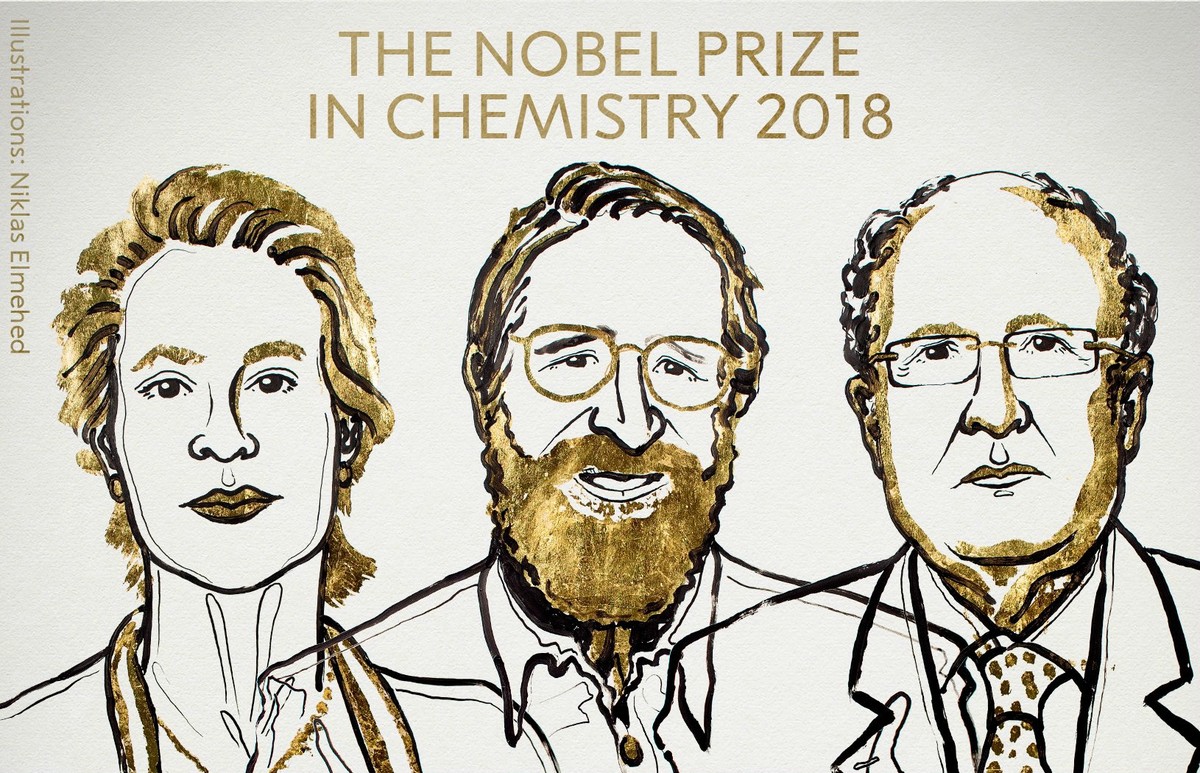The Honesty of a Nobel Prize
2020/01/16 Roa Zubia, Guillermo - Elhuyar Zientzia
.jpg)
Chemist Frances Arnold, winner of the Nobel Prize in Chemistry in 2018, tweeted on January 2 a surprise journey in which he pointed out that the last article published is not fair and that the results presented cannot be accepted. In short, what is published is not true. Arnold apologized and withdrew the publication. It is to thank honesty. They don't always look.
In fact, the article explained how beta-lactam synthesis occurs through enzymes. We are not going to get into the content in depth, but they are beta-lactam, for example, the molecular basis of penicillins. We synthesize them by chemical synthesis, but they are a molecular structure that is synthesized in nature by enzymes. In the experiments of the Arnold group, the activity of these enzymes was measured in different conditions, but the repeaters of the experiments did not obtain the same results. And in the end Arnold has publicly receded.
It should be noted that the response of most scientists has not been bad. They thanked him for the withdrawal of the article and his public recognition. On the other hand, it must be said that Arnold is not the only signatory, but of course, being a Nobel Prize, he has a lot of prestige and we all look at him.
What happened? How have you published incorrect data? It is not clear, but it seems that they had some data that was not taken into account when writing the article. It is possible that in the Arnold group these data were discarded thinking that they were unimportant and that on the contrary they were important. However, published data were not correct and experiments could not be repeated. Thus, the Nobel Prize in Chemistry, Frances Arnold, has withdrawn the article and has requested public pardon. In the opinion of the majority, absolutely exemplary.

Gai honi buruzko eduki gehiago
Elhuyarrek garatutako teknologia






